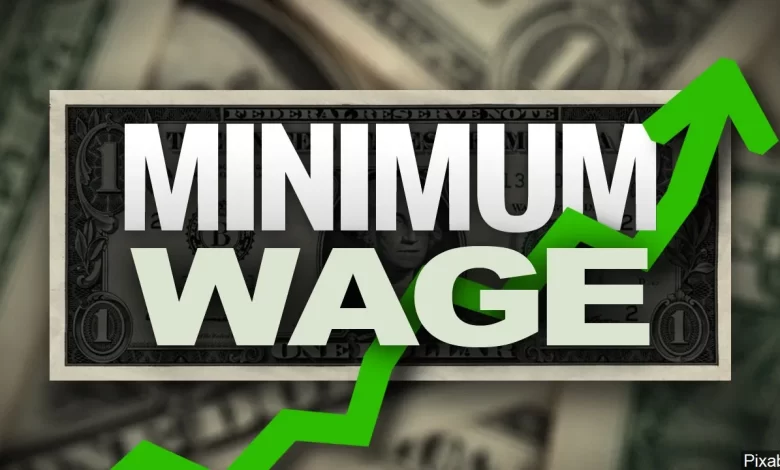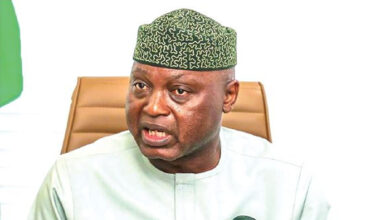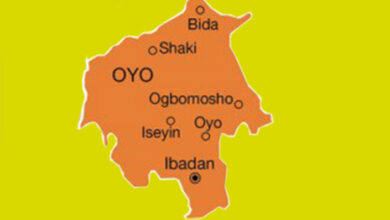Labour Protests FG’s Decision To Backdate Minimum Wage Implementation To July

The Committee on Consequential Adjustments in Salaries for Civil Servants convened on Friday to finalize discussions regarding the new minimum wage template, concluding that its implementation will take effect on July 29, 2024. This decision was documented in a Memorandum of Understanding (MoU) sighted by journalists in Abuja.
The Committee, led by the Head of Civil Service of the Federation, Didi Walson-Jack, also recommended that the wage award, which was earlier discontinued, should be paid up until July 28, 2024. Walson-Jack emphasized that the government’s decision was based on careful consideration of the economic situation in the country and its capacity to sustain the salary adjustments.
“The Committee held four meetings and considered all presentations by the Federal Government and Trade Union Sides. It also considered the economic situation and ability of the Federal Government to pay and sustain any consequential adjustment in salaries arising from the implementation of the National Minimum Wage (Amendment) Act, 2024,” she stated.
The MoU outlined further recommendations, including the Nigerian Salary, Income and Wages Commission (NSIWC) generating appropriate salary templates for other consolidated structures, and the continuation of wage award payments as issued in a circular dated October 19, 2023. Additionally, the Federal Government was urged to introduce measures such as tax waivers to ease the financial burden on civil servants caused by recent increases in fuel prices.
Despite these conclusions, several labor leaders expressed dissatisfaction with the government’s decision. Benson Upah, Head of Information for the Nigerian Labour Congress (NLC), criticized the backdating of the new minimum wage implementation to July, calling it “unacceptable” and “unfair.”
Similarly, Timmy Etim, National Vice President of the Trade Union Congress (TUC), condemned the government for deviating from an earlier promise made by the Minister of State for Labour, Nkiruka Onyejeocha, who had committed to a May 1, 2024 start date during the May Day celebrations. Etim argued that, given the socioeconomic challenges, the delay was unjustifiable and recommended that the N35,000 wage increase should remain in place until the new minimum wage takes effect.
On the ground, civil servants voiced frustration over the delay in implementing the N70,000 minimum wage. Many workers, particularly in Ogun, Osun, and Rivers States, lamented the impact of the government’s indecision, highlighting the escalating economic hardship following the removal of fuel subsidies and the floating of the naira.
A public school teacher and single mother, Ms. Oladele, criticized the government’s lack of action, noting that her family had been struggling to survive under worsening economic conditions. Similarly, another civil servant, identified as Adesola, expressed disappointment over the government’s “foot-dragging,” emphasizing that the delay in wage implementation only exacerbated the suffering of Nigerian workers.
A staff member of the Ministry of Water Resources in Osun State, who chose to remain anonymous, stated that the delay amounted to further impoverishment of the workers, while a National Identity Management Commission (NIMC) staff in Rivers State shared that the rising fuel costs had forced him to abandon his car in favor of public transportation.
These reactions underscore the urgent need for timely action on the minimum wage implementation to alleviate the financial strain on Nigeria’s workforce.



